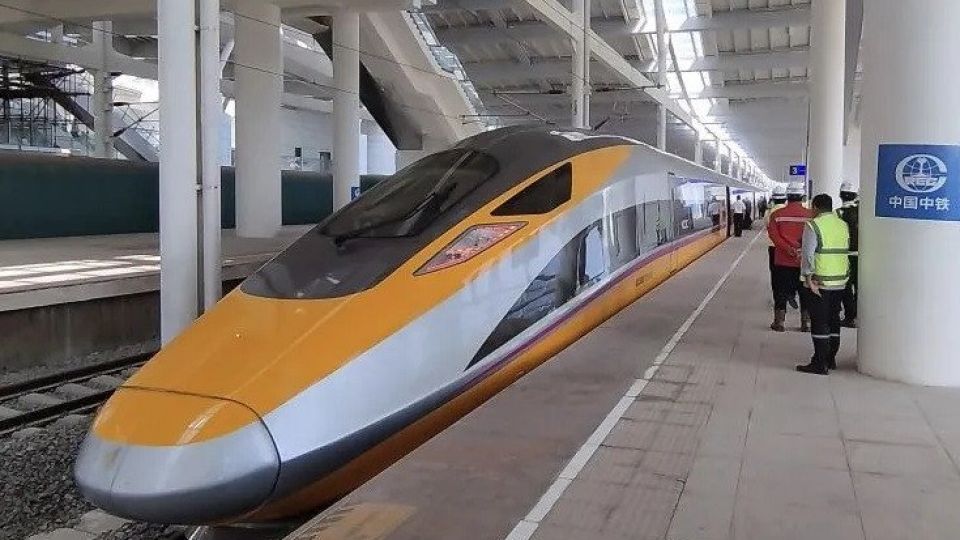August 10, 2023
JAKARTA – Postponing the operation of the Jakarta-Bandung high-speed railway is the right decision made by its operator, PT Kereta Cepat Indonesia China (KCIC). The truth is, the project is far from ready for its soft launch set later this month and the public is not supposed to ride the brand-new train while its system is not yet finished.
There have been many acrobatic attempts to make the project look fit for operation such as “a temporary operating permit” for the train, but these will not necessarily eliminate the risks and flaws that are possibly lurking.
This is not the first time the flagship project has been delayed. The government originally expected the train to operate in 2018, following the founding of the KCIC, a consortium of Chinese and Indonesian companies, in 2015.
When operational, the high-speed train will be the first in ASEAN and will showcase China’s influence and technological acumen in the region. For that reason, however, there should be no tolerance for incidents, and the project messing up is the last thing both Indonesia and China would want the world to see.
During President Joko “Jokowi ” Widodo’s visit to China on July 27, both countries agreed that those involved in the project must make an all-out effort to ensure the high standards and high quality of the project.
Almost a week later, Jokowi asked his aides not to rush the operation of the Greater Jakarta light rail transit (LRT), seen by many as further evidence of the country’s modernization of public transportation, citing that safety must be a priority. The LRT’s operation has been rescheduled for the end of this month.
This was apparently also the case for the high-speed train, whose operation has been postponed from Aug. 18 to early next month. The decision to delay the free trial is understandable given that the Transportation Ministry only started the certification process for the Jakarta-Bandung high-speed railway on July 26, just three weeks before the initial launch date of Aug. 18.
However, delaying it until September would mean there are only two further weeks to continue work on the project. This still raises questions as to whether the extra time is sufficient amid the scale of the work yet to be completed.
Experts have opined that a conventional train would require up to two months to conclude the full certification process, which logically needs longer for a high-speed railway.
Had the train run as planned in mid-August, passengers would have found accessibility to and from the stations somewhat challenging too, as they are located far from city centers.
Construction on most stations is still ongoing, with Padalarang, the closest station to Bandung city center, still only 70 percent complete at the time the KCIC announced the postponement.
Even though the train will be launched in September, it is worth noting that it will still be too soon to celebrate, as the government now must think about how to operate the train on a daily basis and eventually pay the mounting debts, which have been translated to 80 years of concession.
Many have cast doubts over whether the train can achieve its desired ridership amid government inconsistency in developing toll roads alongside the high-speed railway, which runs counter to the purpose of the train project.
Meanwhile, making it economically viable would require extending the project to Surabaya in East Java, according to many experts, which is still nowhere to be seen apart from the lengthy initial development process currently underway.
In the end, the Jakarta-Bandung high-speed train will become a lesson learned for Indonesia for years to come that there are no quick wins in developing such flagship projects.
Realizing a project, especially at this scale, requires both clear, long-term planning and patience to see through all the processes and their completion without sacrificing standards, especially safety, just for the sake of mere political gain.


